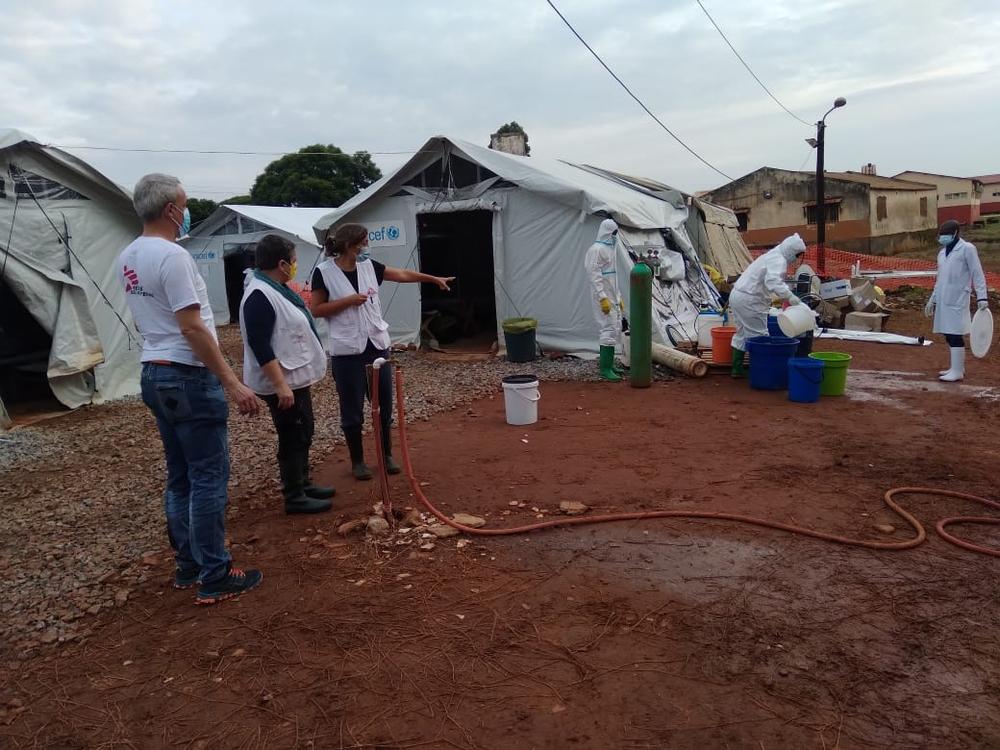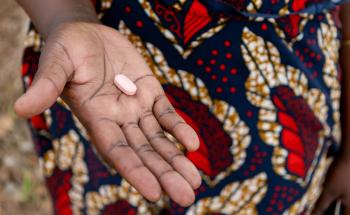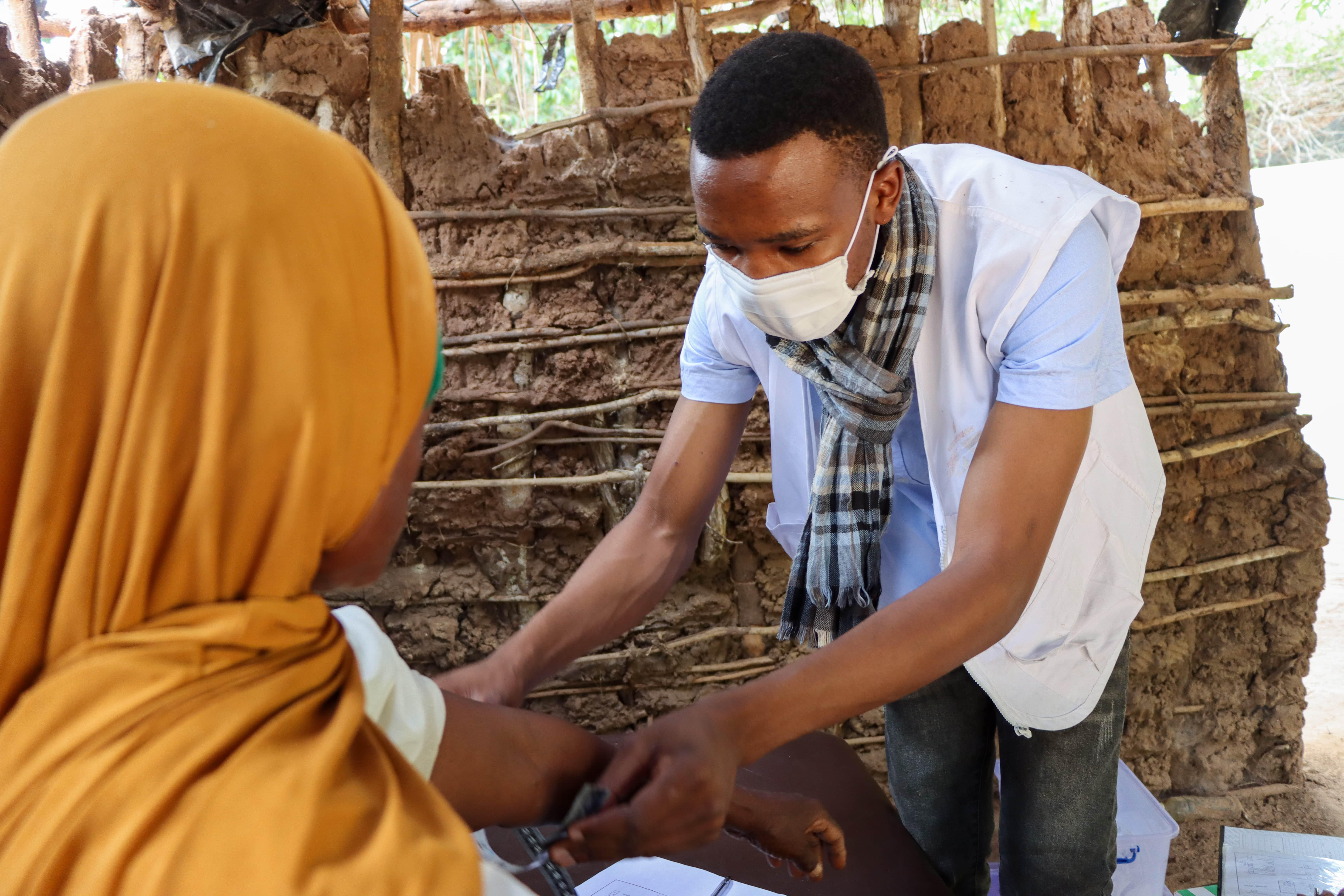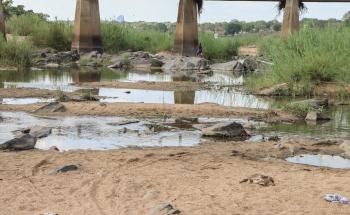Doctors Without Borders (MSF) actively advocates for and implements cholera outbreak response training in areas identified as top priorities as part of its emergency preparedness plan. To take place from January 23rd to 25th, in Nacala-Porto, a region known as endemic of Nampula province, northern Mozambique, the training hosted by MSF will provide a package of strategies to respond to the needs of cholera outbreak according to different levels of intervention and target population.
It’s a practical initiative for the management of that lethal disease that will select the key stakeholders from MSF, World Health Organization, UNICEF and the Ministry of Health (MoH) at the district, provincial, and national levels to be trained, recognizing that cholera outbreaks demand multifaceted responses. Also, this initiative will develop a training plan by levels of the target population, from first responders to decision-makers, to create a cascade effect of preparedness. Not least, this will serve as an occasion to map and integrate all the key stakeholders responding to cholera outbreaks in Nampula province, aiming to streamline and fortify the collective response to cholera.
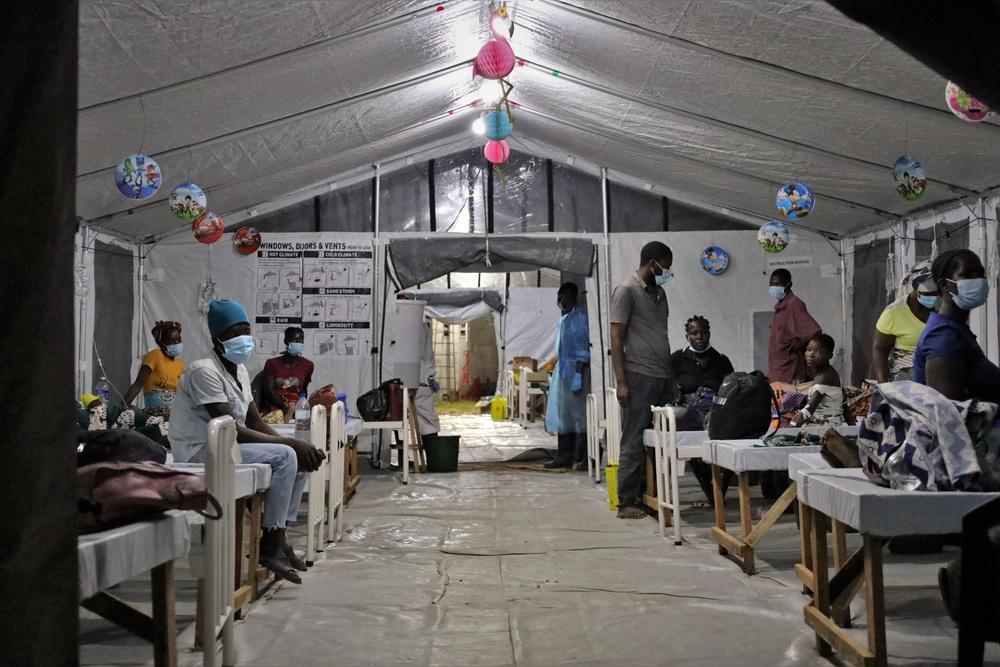
Developing or adapting an existing monitoring tool to measure the impact of the training is part of the objectives of this initiative, which will challenge conventional centralized theoretical training and pioneer an innovative model. It seamlessly integrates online, face-to-face, and practical simulation sessions. This dynamic approach ensures a more engaged and effective learning experience, preparing responders for real-life scenarios.
MSF Head Mission in Mozambique, Stéphane Foulon, explains that the initiative is part of the training package by MSF to strengthen emergency response capacity in the country and will provide all the basic knowledge to investigate a cholera outbreak and plan and implement this response plan.
“Engaging in a comprehensive program comprising theories, real-life case studies, and hands-on exercises, participants will develop the proficiency to make informed decisions about intervention types, allocate necessary resources strategically, and ensure the seamless integration of clinical components including water, sanitation, and hygiene measures”, Foulon said.
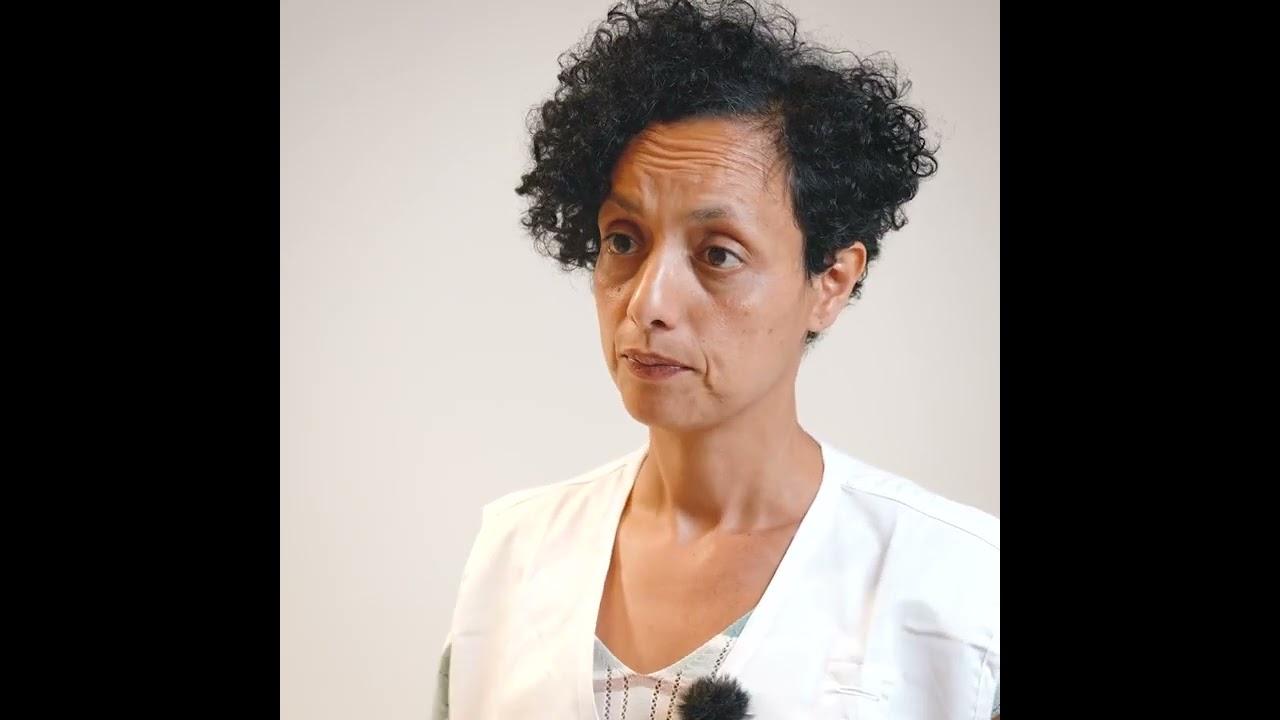
Cholera crisis in Southern Africa
Through this training, it’s expected that the basic aspects of setting up a cholera treatment centre, water, sanitation, hygiene, and case management will be practically addressed in preparation for the rainy season, preventing crisis-driven responses. Alongside this, a thorough capitalization and evaluation of the pilot implementation will be conducted, laying the foundation for expansion and sustained impact.
The strategy aims for the training participants to subsequently replicate the knowledge gained in their respective locations to empower other regions to strengthen their cholera preparedness and response capabilities.
This training in cholera management becomes especially timely at a critical juncture when the country is grappling with the severe impacts of climate change and is once again confronted with a cholera outbreak. The province of Nampula is currently the hardest hit, reporting a cumulative total of approximately 3,000 cases and 12 deaths as of January 15, 2024, according to the data of the MoH.
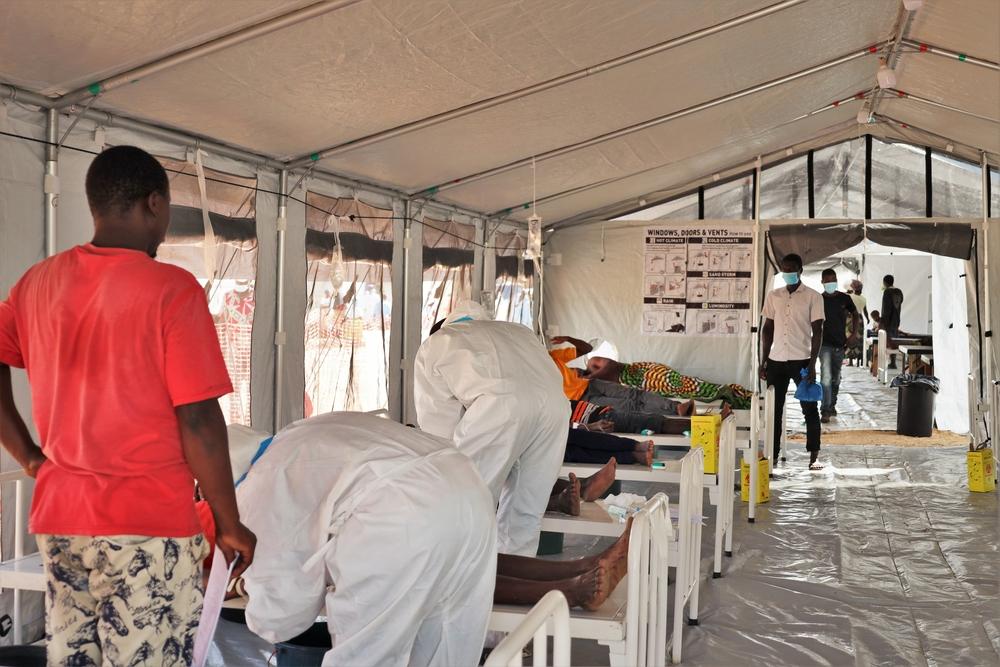
Following the training in Nampula, the focus will shift to Zambezia province. This region experienced one of the most severe cholera outbreaks in 2023, exacerbated by the aftermath of Cyclone Freddy. The cyclone resulted in devastating consequences, claiming the lives of hundreds, displacing thousands, and causing extensive damage to water supply infrastructure and services aimed at preventing the spread of the disease.
In 2023, In the immediate aftermath of the cyclone, a cholera outbreak was declared, prompting MSF to dispatch its teams to assess the needs. Subsequently, within a week, MSF strengthened the capacity of the existing CTC to 49 beds and established a new one with 190 beds. MSF also established two smaller cholera treatment units (CTUs) in Icidua and Mecajune, with about 15 beds each. At cholera treatment facilities, MSF had been working alongside health authorities, providing support with case management of patients, training medical and non-medical staff, recruiting support staff, and donating medical equipment and medicines. These included 150 cholera beds, 1,000 doses of antibiotics, 10,000 litres of Ringer Lactate for intravenous rehydration of severely sick patients, and 80,000 doses of oral rehydration salts.
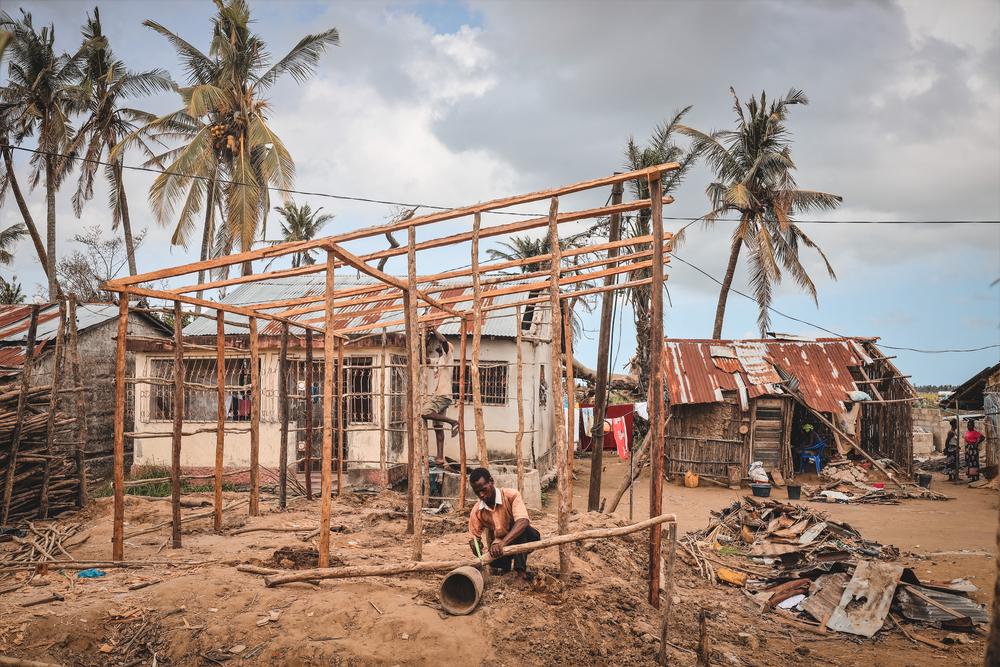
The intervention involved several key components, including the modification of the Cholera Treatment Centre layout to establish a well-organized patient/staff circuit with distinct contaminated and clean zones. Additionally, MSF donated essential supplies such as cholera beds and buckets, established a water network and washing areas, and provided training and technical support for staff from the Ministry of Health.
Since 1984, MSF has been working with the Mozambican authorities, providing high-quality medical care in challenging environments because of climate shocks. In addition, our medical humanitarian organization has been developing programs to prevent and mitigate the impact of these climate-related hazards.
